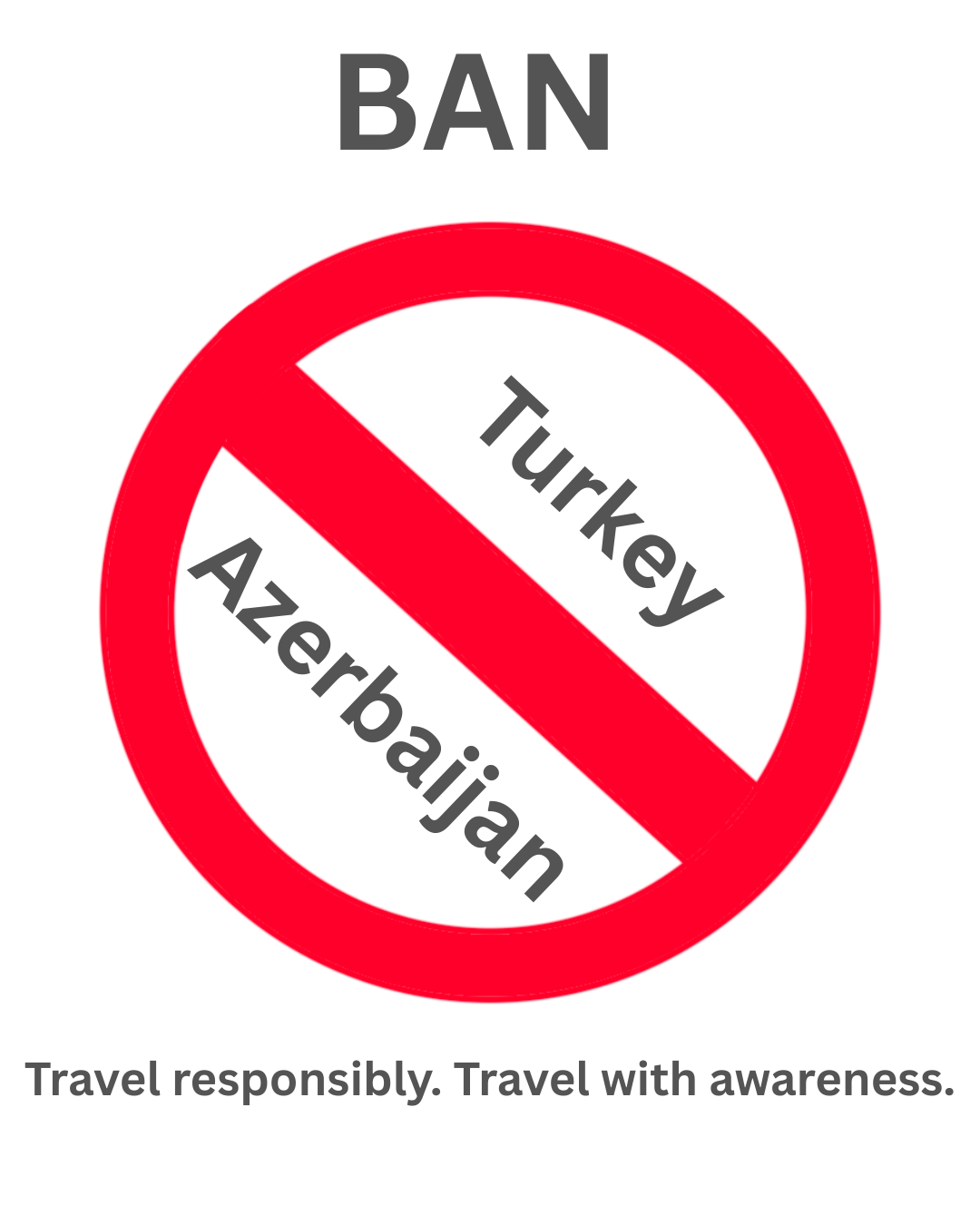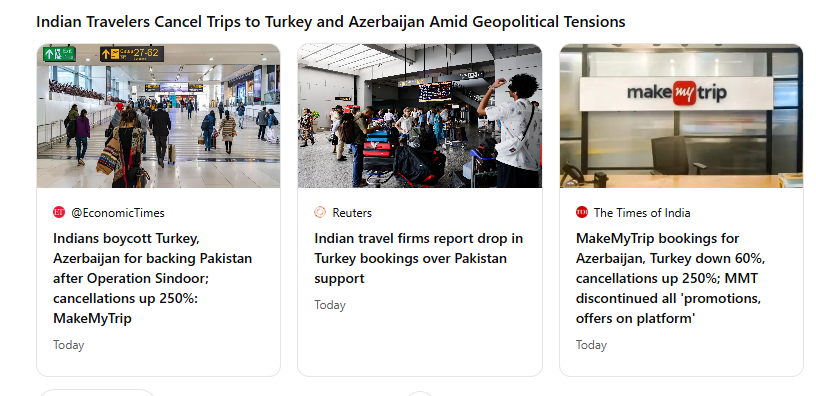Shares of InterGlobe Aviation Ltd, the parent company of India’s largest airline IndiGo, are poised to remain in sharp focus on Tuesday, May 27, 2025. This comes in the wake of reports indicating that co-founder Rakesh Gangwal and his family trust are planning to sell a significant portion of their stake in the company, estimated to be worth approximately ₹6,831 crore. The transaction is expected to be executed through a block deal, a move that could have ripple effects across the aviation and broader stock market.
Details of the Planned Stake Sale
According to sources familiar with the matter, the Gangwal family intends to offload up to a 3.4% stake in IndiGo. This translates to approximately 1.32 crore equity shares of InterGlobe Aviation. The shares will be sold at a floor price of ₹5,175 apiece, as per the deal structure. Notably, this bulk transaction will likely be carried out in multiple tranches, allowing for a structured offloading of the shares without causing excessive market disruption.
This block deal is expected to garner substantial attention from institutional investors, including domestic mutual funds and foreign institutional investors, who might see this as an opportunity to invest in a stable and profitable airline stock.
Promoter Holding Breakdown
As per the latest data released by the Bombay Stock Exchange (BSE) on May 26, 2025, Rakesh Gangwal directly holds a 5.3% stake in IndiGo, which amounts to over 2 crore shares. In addition to this, the Chinkerpoo Family Trust, which is managed by Shobha Gangwal and JPMorgan Trust Company of Delaware, owns another 8.23% in the company. Together, the Gangwal family controls close to 13.5% of InterGlobe Aviation.
The sale of a 3.4% stake would still leave the family with a sizeable holding in the airline, indicating that the move is likely more strategic or financial rather than a complete exit plan.
Strategic Implications
While the sale might raise concerns about promoter confidence, it’s important to note that this is not the first time Rakesh Gangwal has pared down his stake in IndiGo. The billionaire co-founder has previously reduced his holdings, signaling a long-term plan to gradually move away from direct involvement in the airline’s management.
Gangwal’s exit from the board in 2022 was a strong indication of this shift. He had cited governance concerns in the past but has more recently supported the company’s direction under its current leadership.
Industry analysts believe that the upcoming stake sale does not reflect negatively on IndiGo’s fundamentals. In fact, the airline has demonstrated consistent profitability, strong market share, and a robust order book for aircraft, making it a favourite among long-term investors.
Market Reactions and Investor Sentiment
News of such a large stake sale often leads to short-term volatility in stock prices. However, given IndiGo’s strong operational track record and the structured nature of the block deal, the market is expected to absorb the sale with relative stability.
Brokerage firms have also expressed confidence that there will be ample demand for the shares being offered. Several domestic mutual funds and global institutional players are reportedly in discussions to participate in the deal, suggesting that the stake sale may even see oversubscription.
Moreover, a transaction of this magnitude typically indicates market depth and investor appetite, especially when it pertains to a leading company in the aviation sector.
IndiGo’s Operational Strength
IndiGo has consistently retained its position as the leading airline in India in terms of market share and fleet size. With a low-cost model, efficient operations, and ambitious international expansion plans, the airline remains a strong contender in a highly competitive market.
As travel demand continues to rebound post-COVID, IndiGo is well-positioned to benefit from increasing domestic and international passenger traffic. The company has also made strategic moves to bolster its fleet and improve fuel efficiency, further strengthening its profitability metrics.
Conclusion
The planned ₹6,831 crore stake sale by Rakesh Gangwal and his family trust may spark curiosity and some degree of short-term market movement. However, it should largely be viewed through the lens of portfolio realignment and long-term planning rather than a lack of faith in the company’s prospects.
IndiGo remains a fundamentally strong enterprise with solid growth potential. Institutional interest in the block deal underscores confidence in the airline’s future, even as one of its founding figures continues to reduce his personal holding.
As the deal unfolds on May 27, market watchers and investors alike will keep a close eye on the outcome, viewing it as not just a significant event for IndiGo, but also a litmus test for investor sentiment in India’s booming aviation sector.





